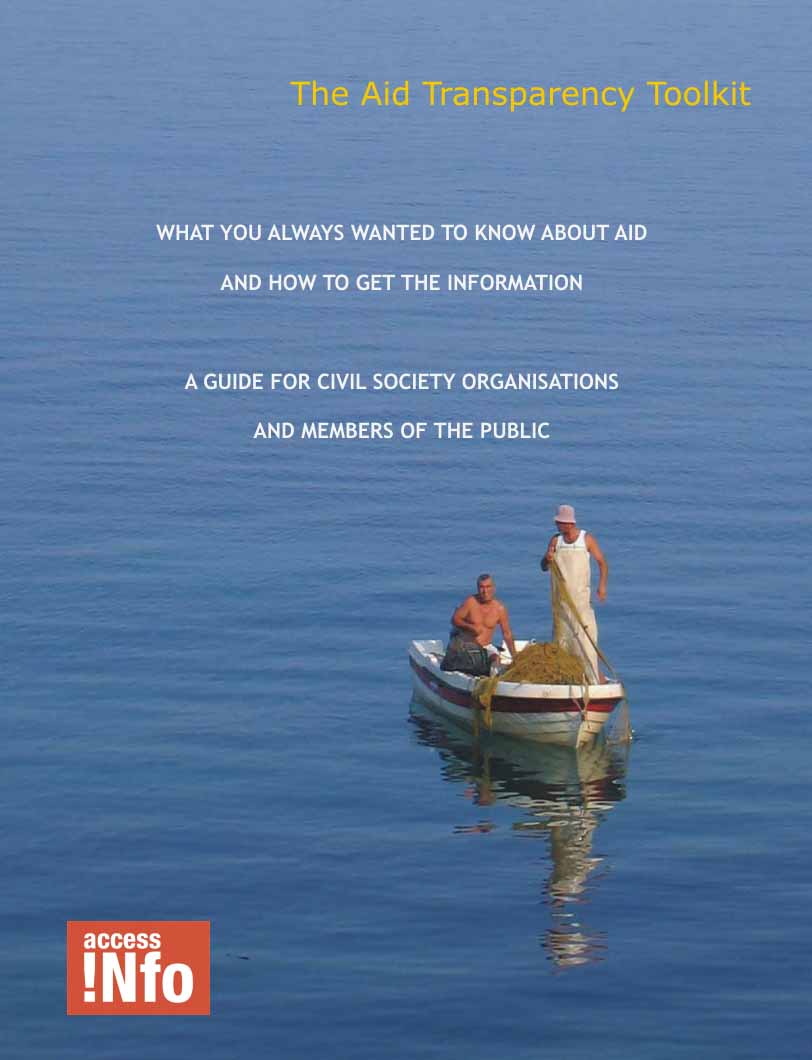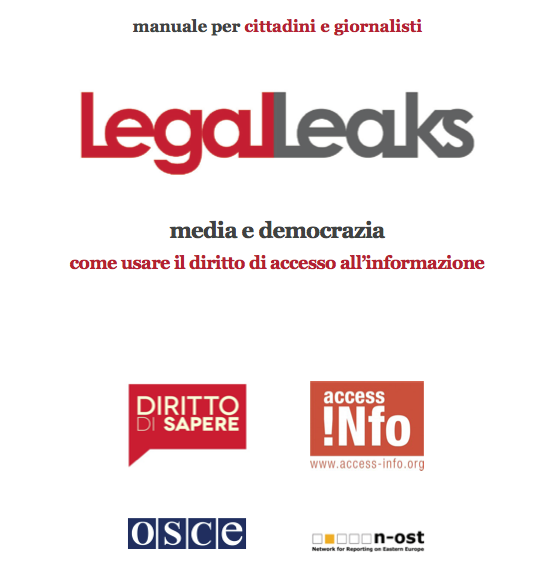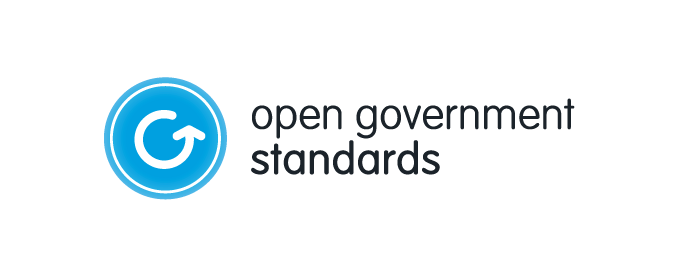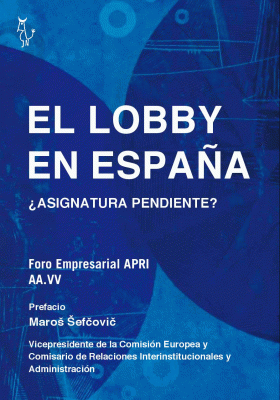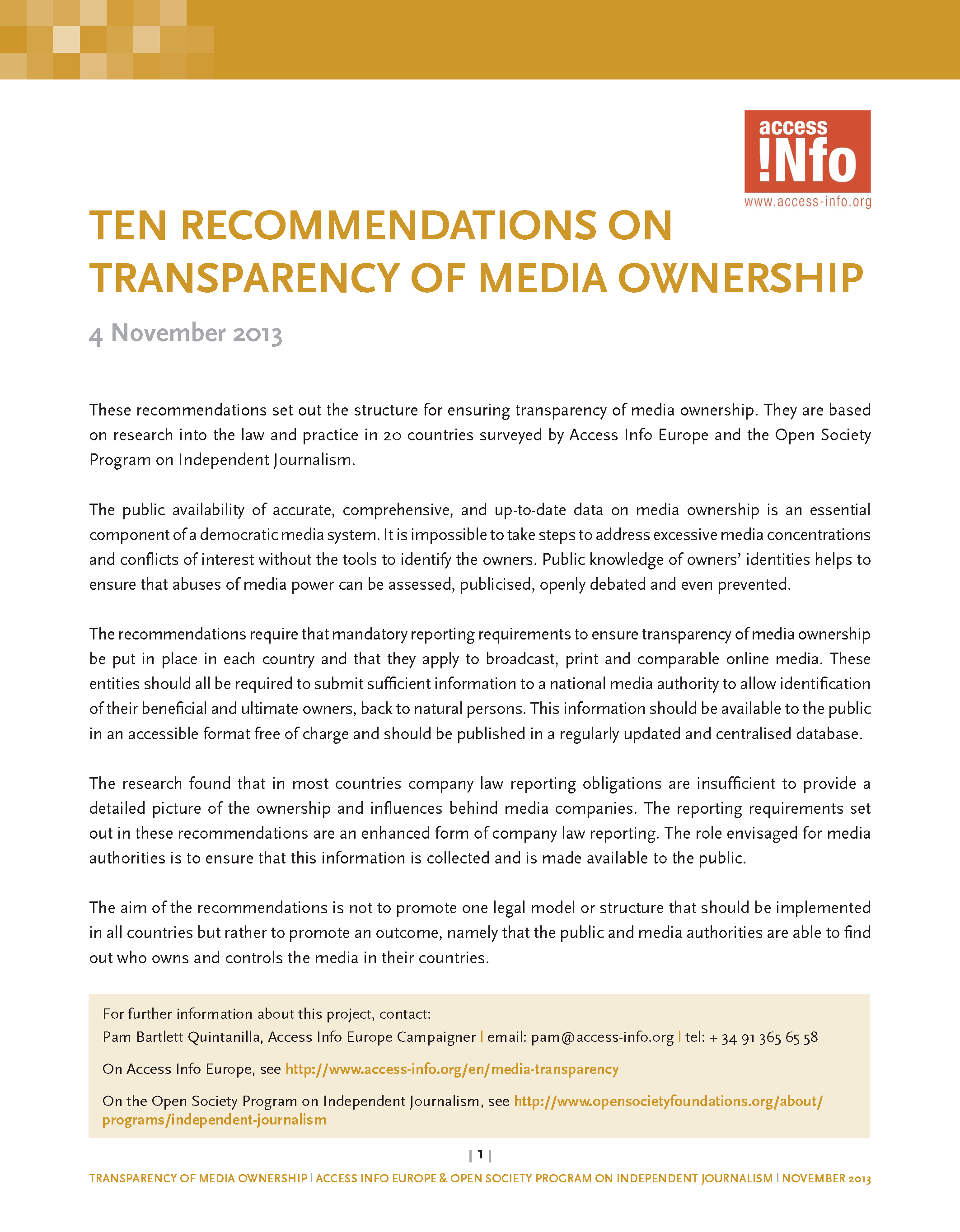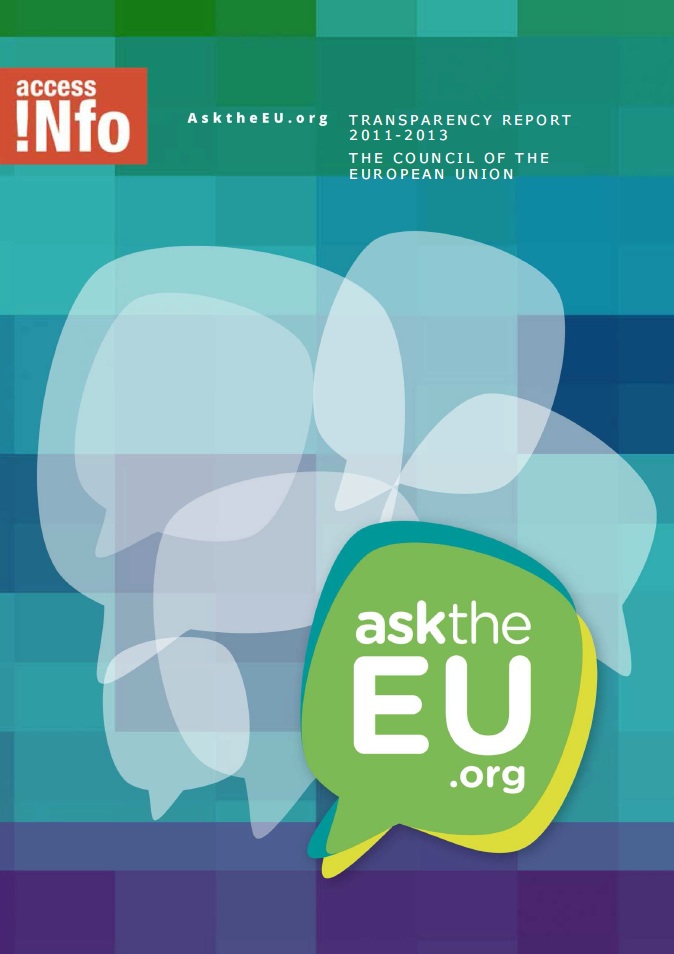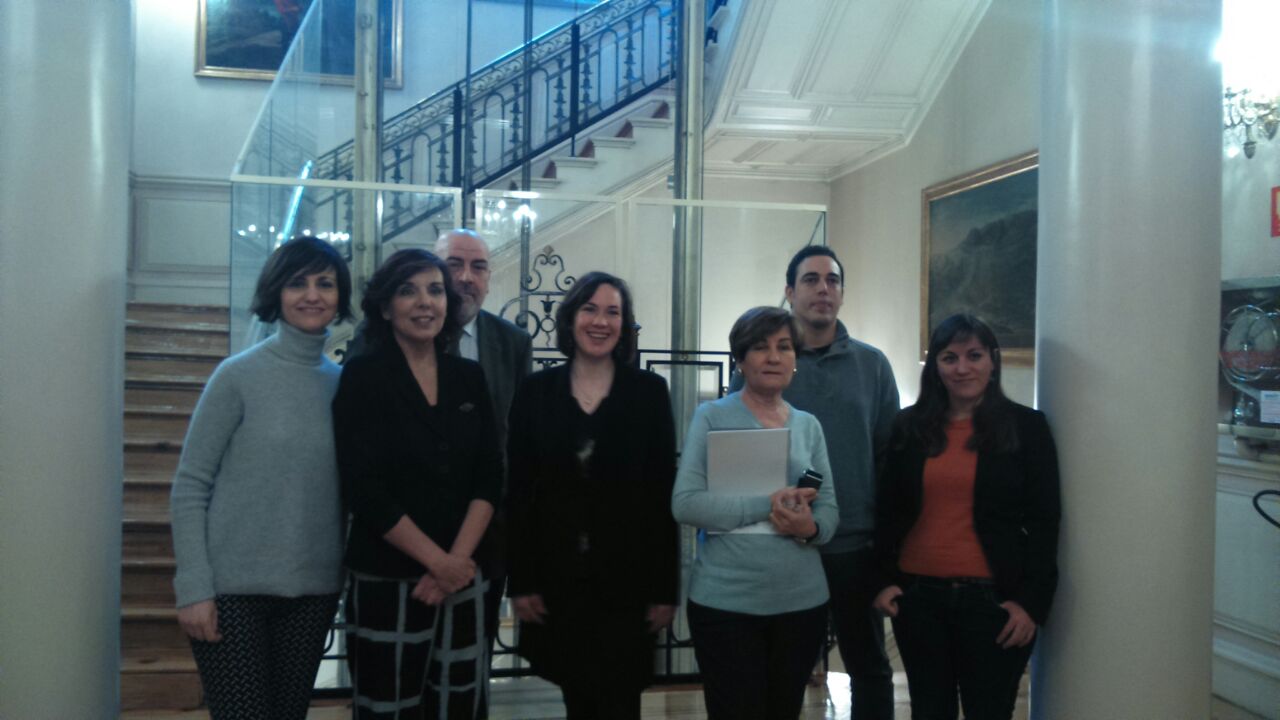Aid Transparency Toolkit
Helen Darbishire2020-02-14T15:34:35+01:00Published in October 2009, the Aid Transparency Toolkit is a guide for civil society organisations and members of the public interested in knowing more about how aid works and where the money goes to get the answers to their questions. This Toolkit is designed for CSOs in the north and south working on aid effectiveness, monitoring the implementation of aid projects, seeking to participate in decision making on development strategies or investigating corruption in aid funding and delivery. It can also be used by individuals from donor or recipient countries who are intersted in knowing about aid funds. The toolkit

